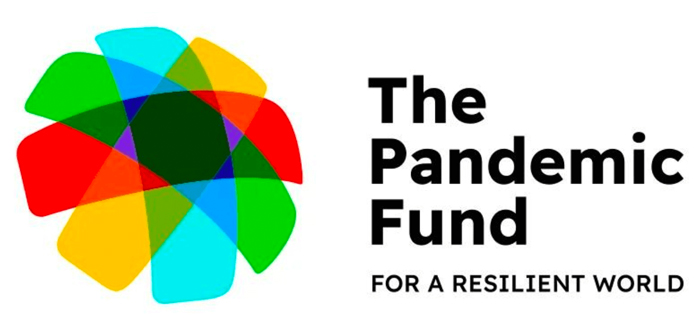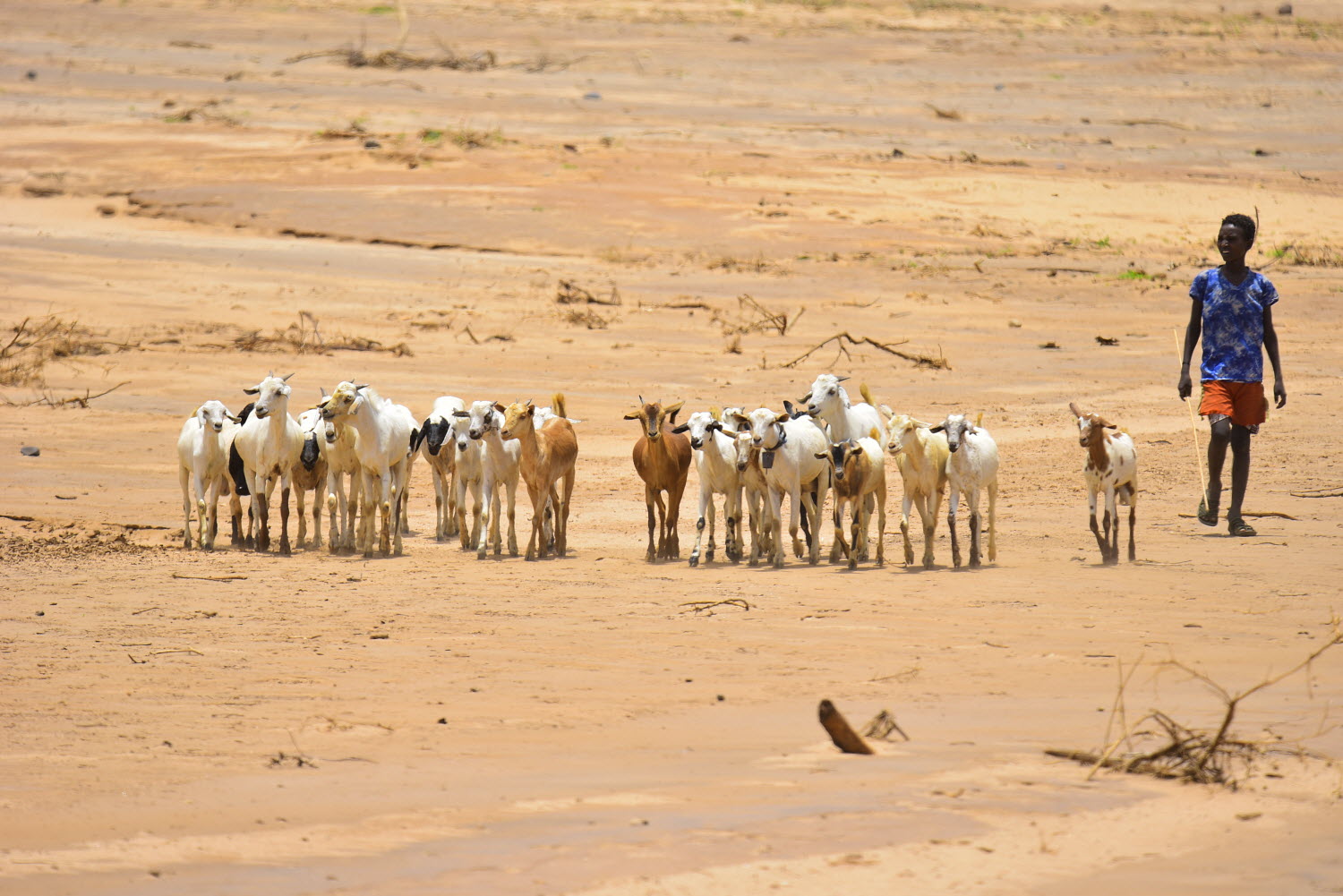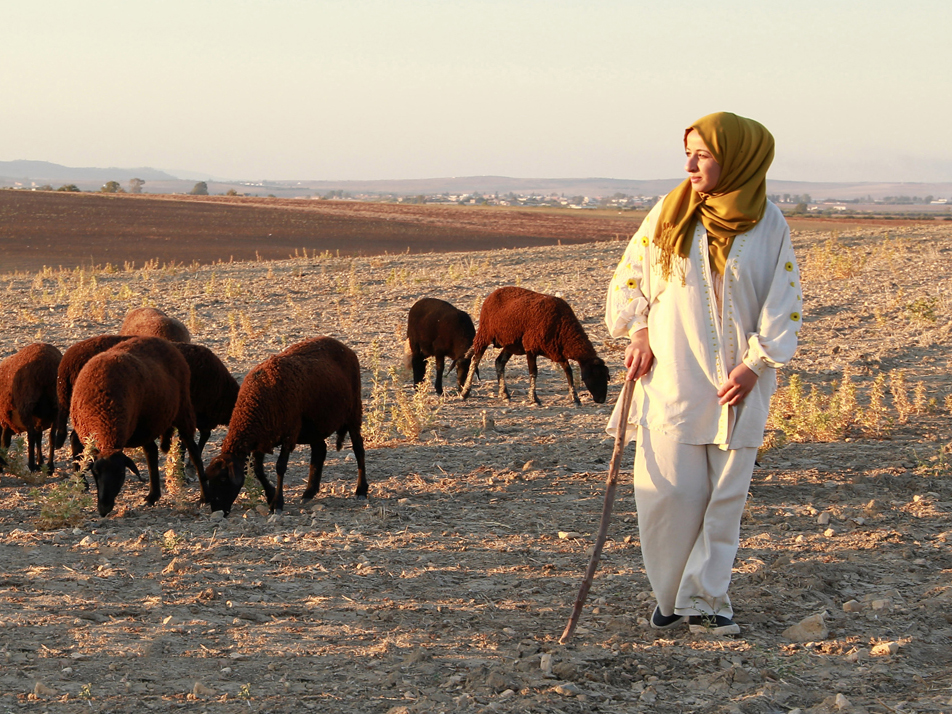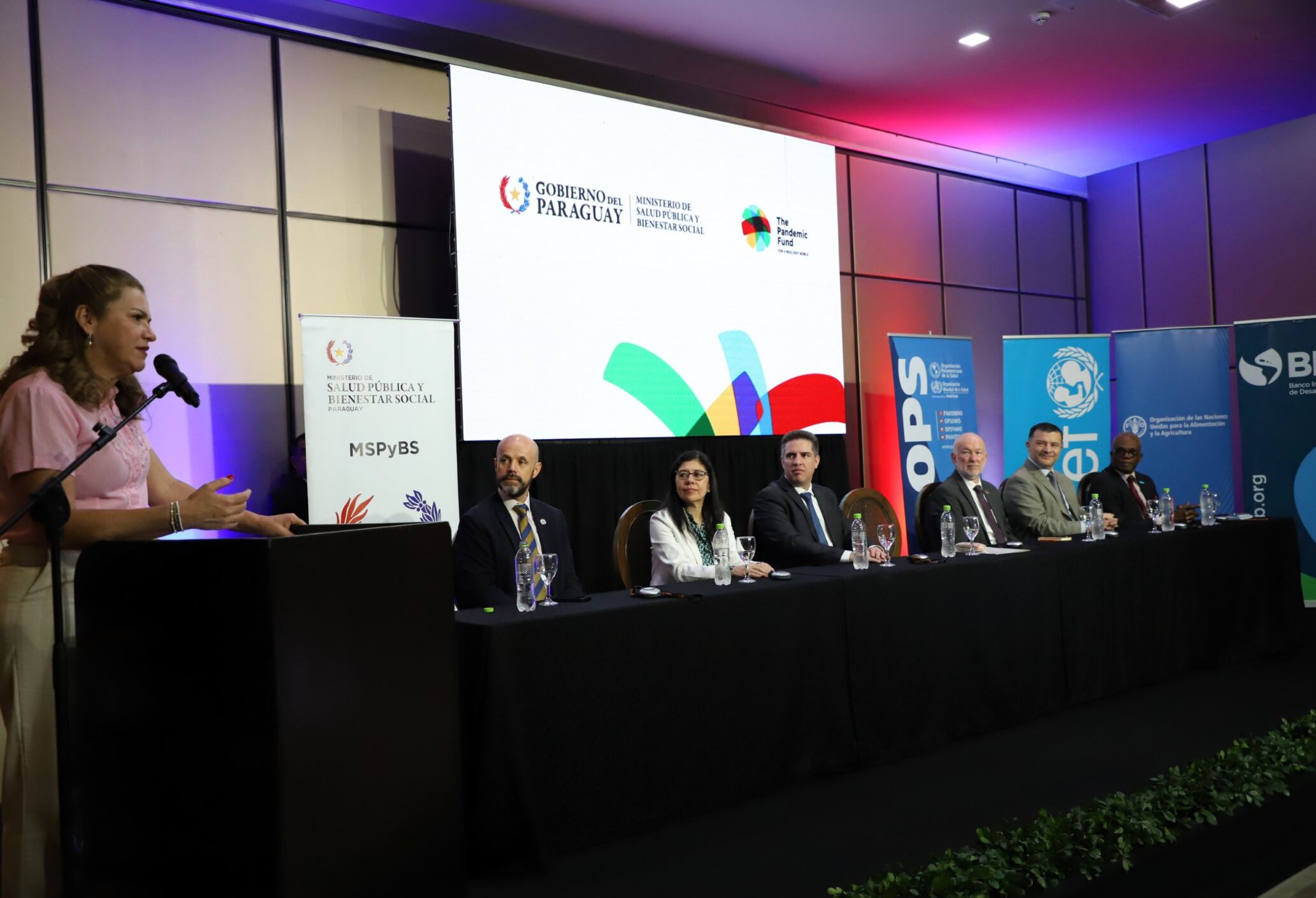
Building a resilient future: Strengthening pandemic prevention preparedness and response through the One Health approach in South Africa

South Africa's strategic position in the global health ecosystem necessitates a robust approach to pandemic prevention and response. This initiative aims to enhance the country's capacity to manage public health threats by fortifying surveillance, laboratory systems, and workforce skills. Implemented across all nine provinces, the project aligns with South Africa's commitment to the One Health approach, integrating human, animal, and environmental health systems for comprehensive pandemic preparedness.
Implementation and key components
Led by WHO, UNICEF, and FAO, the project will work closely with the National Department of Health and key partners such as the Agricultural Research Council and the National Institute for Communicable Diseases (NICD). The initiative focuses on the following areas:
Establishing an integrated surveillance system
The project will enhance surveillance by adopting the Integrated Disease Surveillance and Response (IDSR) framework tailored to South Africa's unique epidemiological landscape. An upgraded national electronic reporting system will unify data streams from human, animal, and environmental health, improving early detection and response to outbreaks. Efforts will extend to bolstering community-based and sentinel surveillance, with targeted training programs for public health workers to improve disease monitoring in rural and urban areas.
Enhancing laboratory capabilities
To address diagnostic gaps, the project will modernize laboratory infrastructure by supporting genomic sequencing, biosafety upgrades, and advanced diagnostic capacities. A focus on zoonotic diseases will be achieved by equipping veterinary and environmental labs with state-of-the-art technologies. Partnerships with NICD and other institutions will strengthen bioinformatics and genomic surveillance, ensuring timely detection of novel pathogens and antimicrobial resistance (AMR).
Building a resilient health workforce
Recognizing the importance of skilled professionals, the project will implement training initiatives to upskill healthcare, veterinary, and environmental health workers. Programs will emphasize pandemic response readiness, genomic research techniques, and risk communication strategies. A rapid deployment framework for health personnel during emergencies will be established to ensure a swift response to emerging threats.
Expected outcomes
This project will establish a cohesive surveillance and response system capable of early threat detection and rapid containment. Laboratory enhancements will ensure accurate diagnostics and preparedness for zoonotic and emerging diseases, while workforce training will build a resilient health system capable of mitigating the impacts of future pandemics. By aligning with the International Health Regulations (2005) and strengthening South Africa’s global health security position, the initiative will reduce the socio-economic impact of pandemics and improve health outcomes nationally and regionally.Implementing Entities
FAO, UNICEF, WHO
Priority areas
- Early warning and disease surveillance systems
- Laboratory systems
- Human resources/public health and community workforce capacity
Total budget
USD 24,944,943.60
Total co-financing
(in kind and cash)
USD 12,437,977
Total co-investment
(in kind and cash)
USD 27,000,000
Find out more

Projects
FAO and the Pandemic Fund
FAO is co-leading the implementation of 32 Pandemic Fund projects worth over USD 165 million aimed to boost local and global health security.

Highlights
Pandemic Fund’s third call for proposals
The Pandemic Fund has announced its third Call for Proposals, with an envelope of USD 500 million to enhance pandemic preparedness and response with a focus in low- and middle-income countries.

Highlights
Global fight against pandemics gains momentum as projects launch with FAO support
The first of Pandemic Fund projects launched at national level, including Ethiopia, Paraguay, Central Asia countries, and Yemen.
